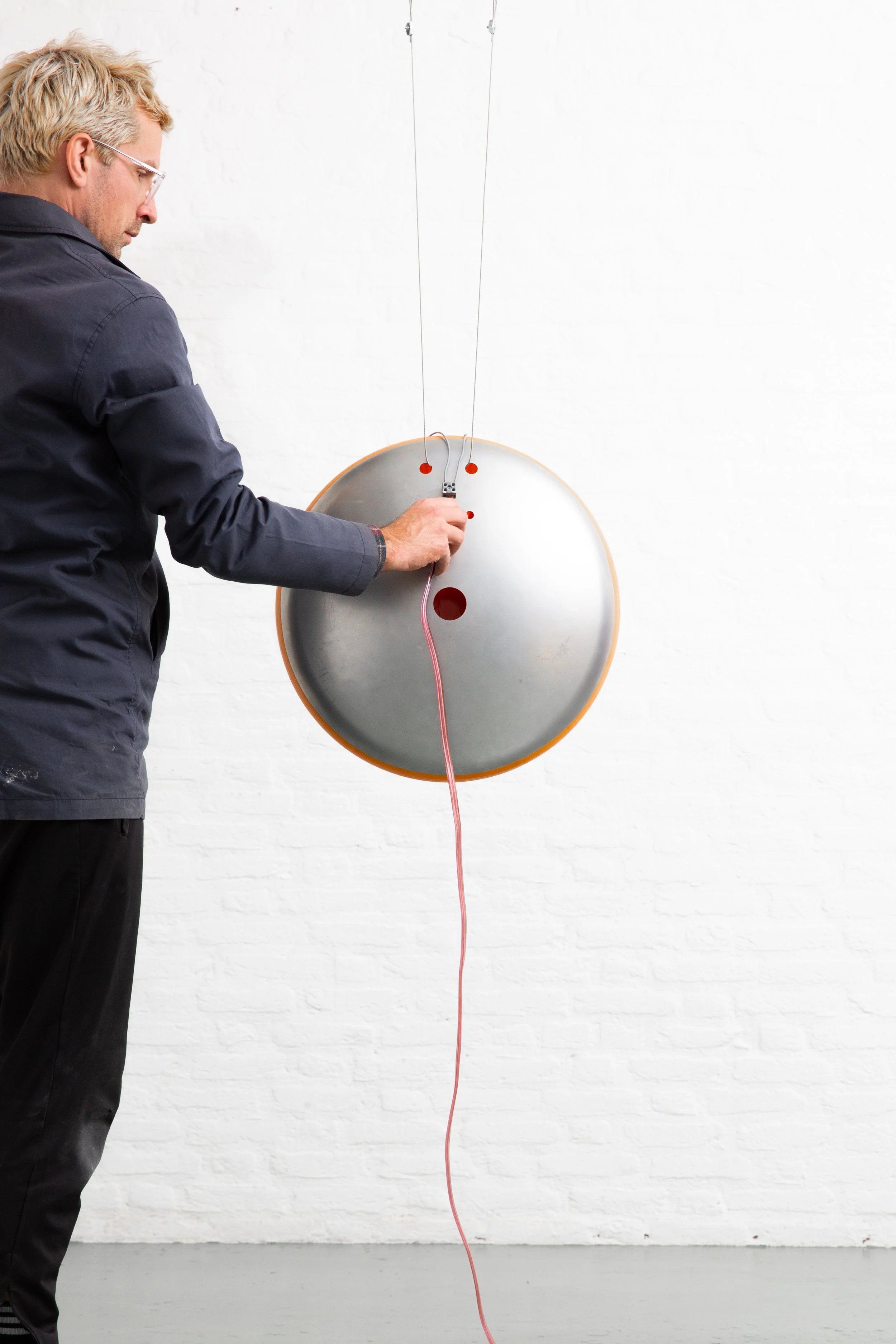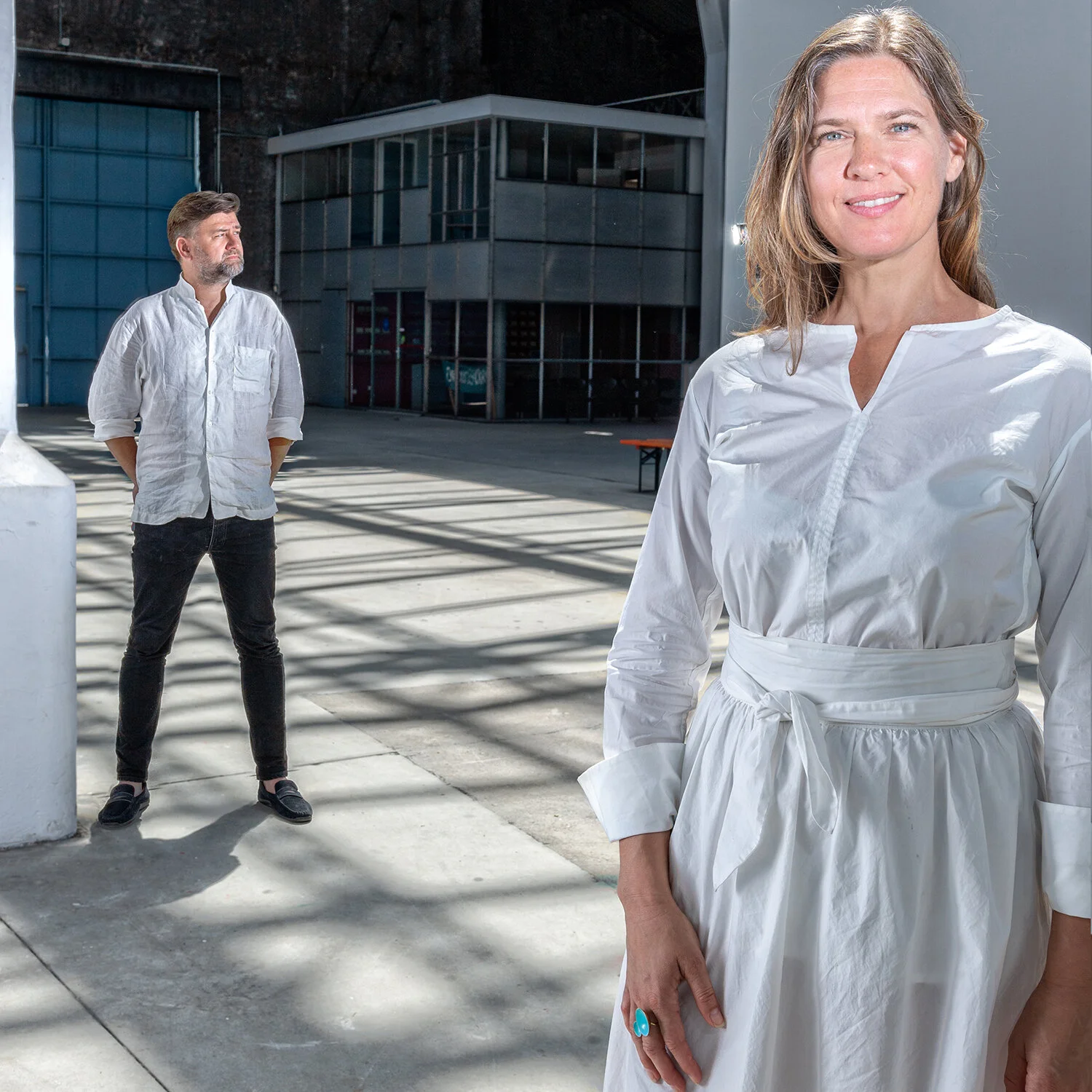Fredrik Søgaard of Feed on breaking open the black box of Artificial Intelligence
Artificial Intelligence is on everybody’s lips, and yet so few seem to have had the chance to really come to terms with even its basic terminology and concepts. Norwegian design and tech agency Feed have co-produced The Elements of AI - an enormously popular free online course aiming to demystify AI.
The Elementa Blog have had a chat with Fredrik Søgaard of Feed about The Elements of AI and the role of humanness in the future of desgn.
What is the Elements of AI project - and how has it been received?
Elements of AI is a global online course educating regular people on artificial intelligence. Collaboration between Feed, Reaktor and University of Helsinki. We delivered illustration, design, technical development, project and launch management. The main motivation for the course is that artificial intelligence will affect us all—but since so few understand what it is—just a tiny part of the world’s population will get to shape the future. Do we trust private companies with all the knowledge of AI? We believe this could potentially become a democratic problem, and put shortly, we are on a mission to create a worldwide movement that helps people be empowered, not threatened by AI.
As of November 2019 more than 235 000 people are signed up and taking the course, with 40% women and 24% over 45 years, from over a hundred countries. Class Central ranks Elements of AI as #1 Computer Science online course in the world, ahead of Stanford, Harvard, and MIT.
Screenshot from The Elements of Ai course.
As the complexity of technology evolves, so does the challenges of explaining it in human terms. How do you see the use of design as a weapon against «black box AI»?
Making educational material on AI free and open to all, designed in a human and approachable way, is our best defense against black box AI because it enables a broader and more diverse group of people the power of knowledge around AI. The power to make better decisions in AI use and development, not only in the tech sector, but in all sectors—and the power to understand and ask the right questions.
Screenshot from The Elements of Ai course.
According to your site more than 40% of the graduates of the course are women (around double the average computer science course). How did you accomplish this?
If you do a Google image search for AI you mostly get this: https://cl.ly/7dbc4e311620, a "futuristic" (whatever that means) mix of robots, brains and circuits. We wanted to design something that could stand out, and be much more human and approachable. A design that makes you feel like this is a easy to understand course with no technical skills needed. We do indeed feature a robot some places, but it's done with a playful, friendly and naive tone—which also is the main visual theme for the course. We believe this visual style and feeling, combined with a masterful written text is the main reason the course is so well received by such a diverse group of people.
Screenshot from The Elements of Ai course.
How do you see AI changing the role of the designer and architect of the (near) future?
Our design tools will inevitably evolve to use more and more artificial intelligence and machine learning, and the role of the designer will become much more like a pilot steering the design to where she wants it to go.
Guiding the automated design by human choices no AI can make, yet. I foresee a future where our skills as digital product designers is mostly about selecting and weighing generated variants of designs created by an AI tool, fed with data about the problem, the users and the desired style of the product being designed. Even further I think we'll see a future where digital product design will constantly evolve during the lifetime of the product. AI could predict your main objectives based on who you are and what you've done in the past, and create a design on the fly making you accomplish your objectives in the most effective and pleasing way possible. Yours and mine views into the same digital product will be different.
The paradox is that I believe this will require more humanness in design, not less. We as designers will focus more effort and brain power on solving each need, rather than manually moving colored rectangles around until they look good.
Feed is a digital design and technology agency focused on building ambitious brands and digital products. Find and engage them at www.feed.no
The Elements of AI is a series of free online courses created by Reaktor and the University of Helsinki. We want to encourage as broad a group of people as possible to learn what AI is, what can (and can’t) be done with AI, and how to start creating AI methods. The courses combine theory with practical exercises and can be completed at your own pace: www.elementsofai.com
Screenshot from The Elements of AI course.
Elementa Conversations:


































